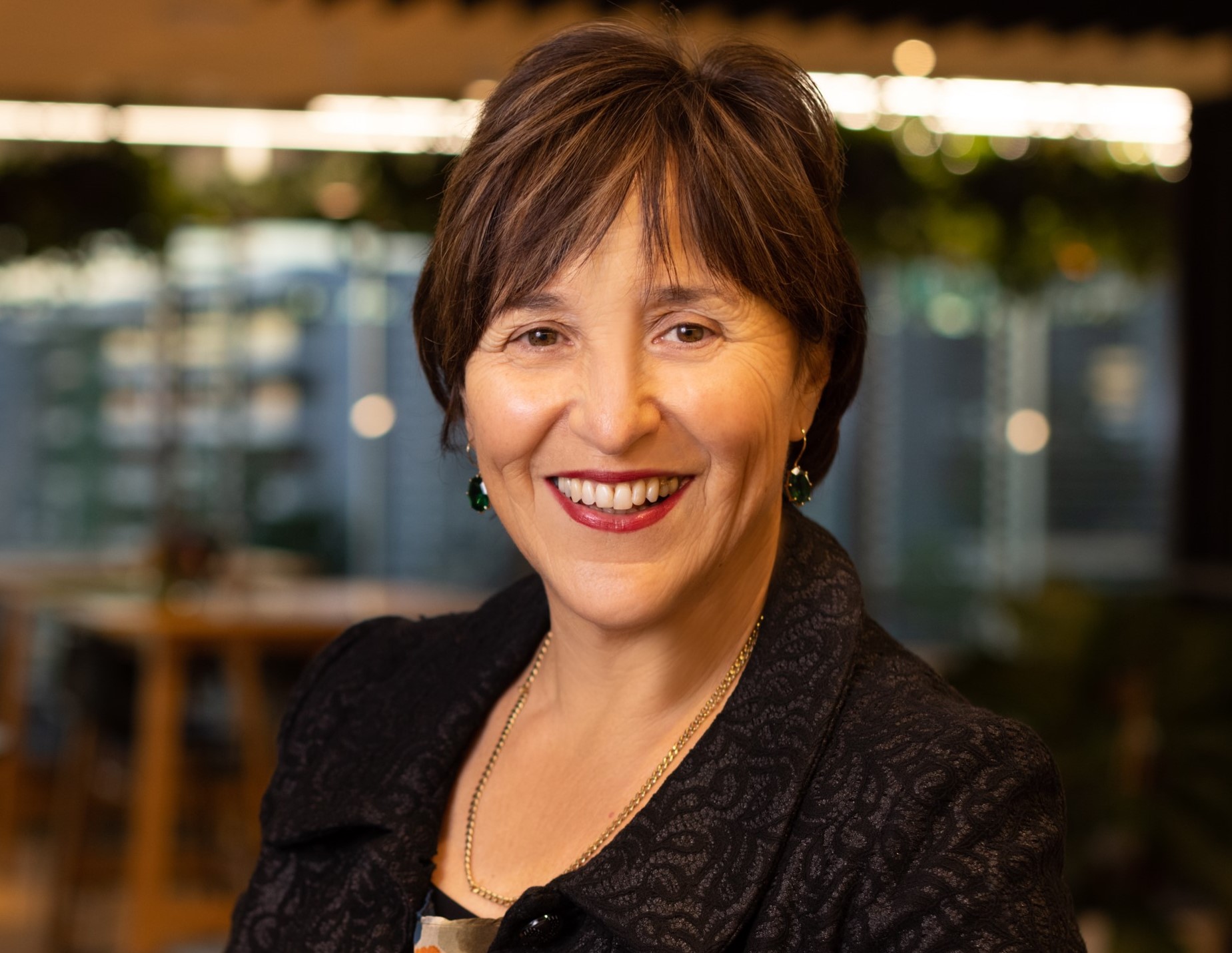Seeds of change
How much difference can a four week student entrepreneurship programme make in terms of entrepreneurial intent, skills and knowledge? Quite a lot, as Dunedin’s SEED programme demonstrates.
By Jon Cornwall and Jodyanne Kirkwood.
How much difference can a four week student entrepreneurship programme make in terms of entrepreneurial intent, skills and knowledge? Quite a lot, as results from Dunedin’s SEED programme demonstrate. SEED, aka Student Enterprise Experience in Dunedin, was conceived by the University of Otago and powerHouse ventures when Dr Gavin Clark and Steve Silvey teamed up to inspire student entrepreneurs. "We wanted to stimulate the formation of start-up businesses by Dunedin’s large pool of student talent. We felt the critical ingredients of a training course should be the real intent to form a business and exposure to entrepreneurs. It was a vision that quickly gathered momentum, and SEED was born as a collaboration between the University of Otago, Otago Polytechnic and powerHouseVentures," says Dr Clark.
SEED’s practical vision and focus means it has purposely not been formed or accredited as part of a university degree. Now in its third year it is open to students and recent graduates of the University of Otago and Otago Polytechnic. The partnership provides both critical mass and added-value by combining networks and academic expertise spanning health, science, engineering and design, and the model has now been optimised following a track-record of business start-ups and positive feedback from students.
This year 16 students participated in the intensive full-time, four week programme held in the summer break. Students work in teams of four on a theme that differs each year; this year the theme was sports exercise technology. The students experience a diverse range of start-up skills during the programme, such as how to develop an idea and work in teams, practical experience in pitching and networking, and how to manage intellectual property and finances. The groups develop a product or service with the mentoring support of a pool of Dunedin entrepreneurs and business representatives who provide inspiration and specialist knowledge that build on the business framework skills learning. Guest speakers sourced nationwide supplement the learning experience and this year these included Ben O’Brien (StretchSense), Trevor McIntyre (ADInstruments), and an an opportunity to observe Highlanders rugby team to discuss unmet needs in training tools. At the end of the course students pitch to a panel of six business leaders that come from across New Zealand. This year’s winners developed a prototype of a ball that can be used as an educational tool and formed themselves as start-up company Tahi Innovations Ltd.
It has often been debated about whether one can be ‘taught’ how to be an entrepreneur or whether it is something that a person is ‘born’ with. This year a small study of SEED particpants investigated what difference the programme made for the students, assessing students’ perceptions prior to the start of the programme and again at the end of the four weeks. Results show that being ‘taught’ entrepreneurship can make a difference to the student. Some of our main results show that:
- The students’ knowledge of the skills required for entrepreneurship increased significantly.
- Students’ perceived ability as an entrepreneur increased significantly.
It was also found that all attendees had strong intentions to pursue careers as entrepreneurs, indicating that this course fills a niche to support budding entrepreneurs who are looking to build a career in this area.
The SEED course also introduced students up to the idea of furthering their entrepreneurial education: after completing the programme, twice the number of students than before starting SEED thought they would carry on to further entrepreneurial study in some form. This provides evidence that the students believe entrepreneurship, or at least parts of it, can be taught. Along with their increased skills, knowledge and intent to become entrepreneurs, this bodes well for continuing New Zealand’s entrepreneurial culture with a new crop of young entrepreneurs. Positive comments about the course came from all students, including one who stated "The ability to work on (a project) for four weeks is unique and gave me the 'real' experience of what it truly means to be an entrepreneur."
What does this mean for would-be entrepreneurs? The indications are that courses like SEED, providing short bursts of practical, experiential entrepreneurship training, may provide substantial benefit to the national innovation ecosystem by growing and accelerating the pool of graduate start-up entrepreneurs.





